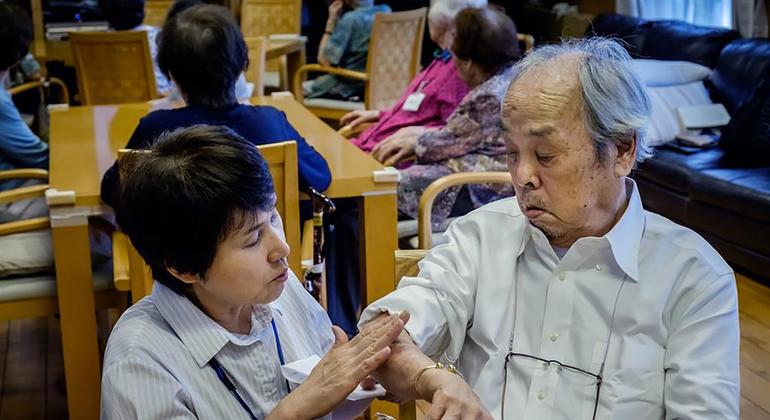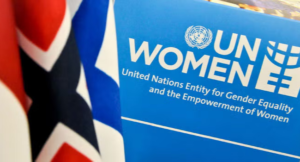
Dementia is one of the greatest health challenges of our generation, according to the World Health Organization (WHO), which on Tuesday launched the first-ever research blueprint for tackling the disease, which 78 million people could be living with by the end of this decade.
Although dementia is the seventh leading cause of death globally, dementia research accounts for less than 1.5 per cent of total health research output”, said WHO Chief Scientist Soumya Swaminathan.
Sadly, we are falling behind implementing the Global action plan on the public health response to dementia 2017-25,” she continued, adding that addressing dementia comprehensively requires “research and innovation to be an integral part of the response”.
Strategies are needed to better understand, prevent, and treat the underlying diseases that cause dementia and, at the same time, provide care and support to people who suffer from it, as well as those who care for them.
Research needs to be conducted within an enabling environment, where collaborations are fostered, and equitable and sustained investment is realized, the UN health agency maintained.
Those are the objectives behind WHO’s new blueprint for dementia research, the first WHO initiative of its kind for noncommunicable diseases.
It’s designed to provide guidance to policy makers, funders, and the research community on dementia research, making it more efficient, equitable, and impactful.
WHO is encouraging national and international research agencies, together with financing bodies, to use the blueprint to inform upcoming funding and operationalize research.
At the same time, civil society should ensure that advocacy efforts are also aligned, supporting a more equitable, efficient, and collaborative research landscape.
And researchers can identify research gaps to help achieve blueprint milestones and strategic goals.
“We can achieve progress in dementia research by strengthening and monitoring the drivers of research highlighted in the Blueprint so that they become the norm for good research practice,” said Ren Minghui, WHO’s Assistant Director General UHC/Communicable and Noncommunicable Diseases.
The UN health agency said it would work with all participants across relevant sectors to ensure that the actions outlined in the blueprint are implemented, milestones achieved, and strategic goals realized – with the ultimate aim of improving the quality of life of and support offered to people living with dementia, those who care for them, and families.








